One day in 1989, Aimé Guerlain invented a fragrance called Jicky that was abstract in both formula and name. It was not based on a single note — which was a norm of that time — and its moniker was widely interpreted as carnal according to the era’s lingo, instead of its original meaning as a tribute to his nephew named Jacques.
Such fragrances — as esoterically named as they are enigmatic in scent — have always been big in the niche community no matter how strangely they roll off the tongue. Demeter Fragrance’s Funeral Home, Etat Libre d’Orange’s Sécrétions Magnifiques, and Air Aroma’s Scent Of a MacBook Pro — there is still some context to the confusion.
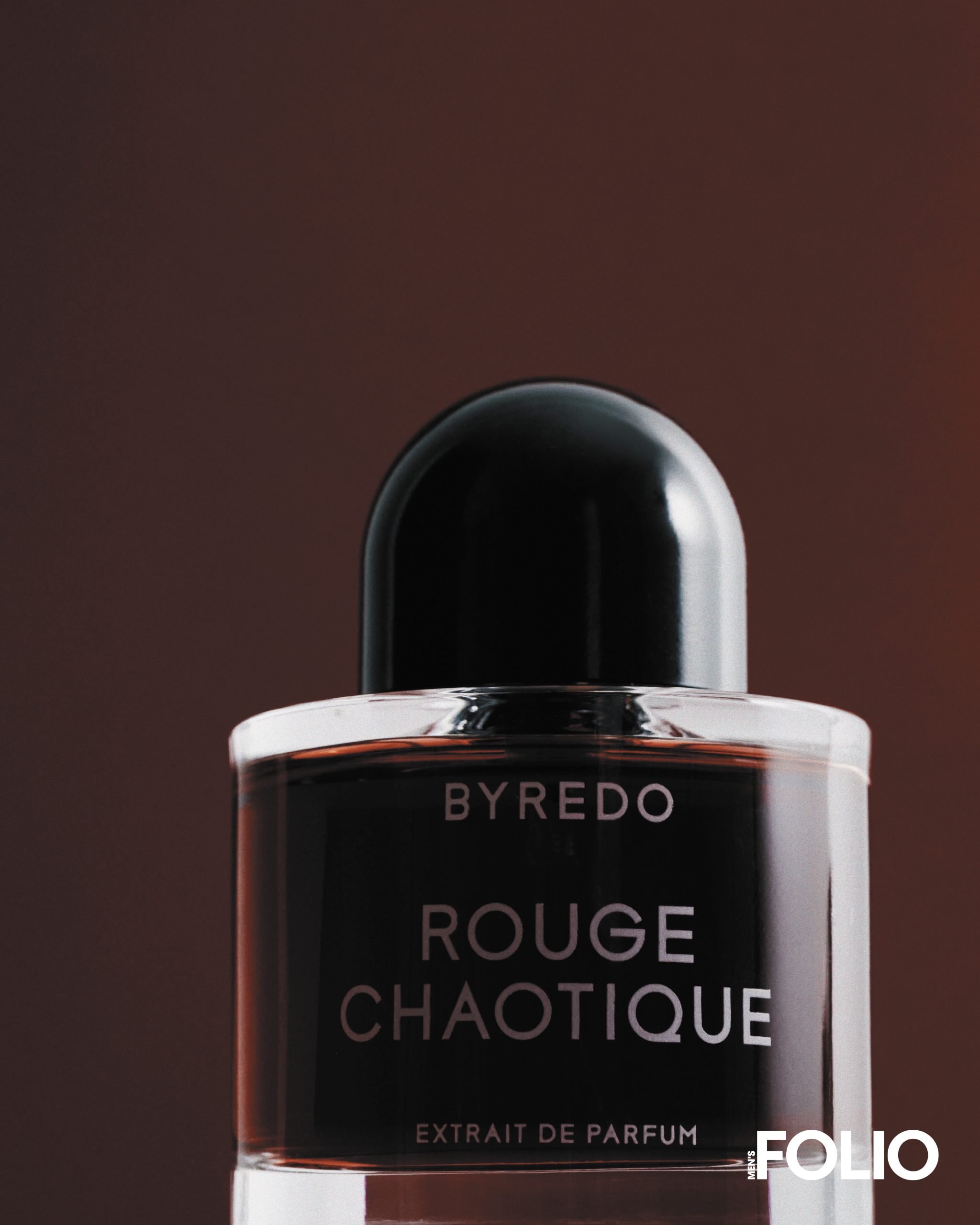
BYREDO Rogue Chaotique
According to David Benedek — the founder of the French Brand BDK Perfumes, which has head-scratching scent names like Rouge Smoking (Red Smoking) or Gris Charnel (Carnal Grey) — “naming a perfume is something easy and hard to do at the same time. Firstly, what is important to me is that people can understand and feel the inspiration behind my scents.”
But can one imagine what red-tinged smoke, the sensual shade of grey or even the scents mentioned above smell like? Apparently, understanding a name’s nuance is to have knowledge of a fragrance’s ingredients. (“Sometimes the inspiration comes from colours because I associate raw materials with them.”)
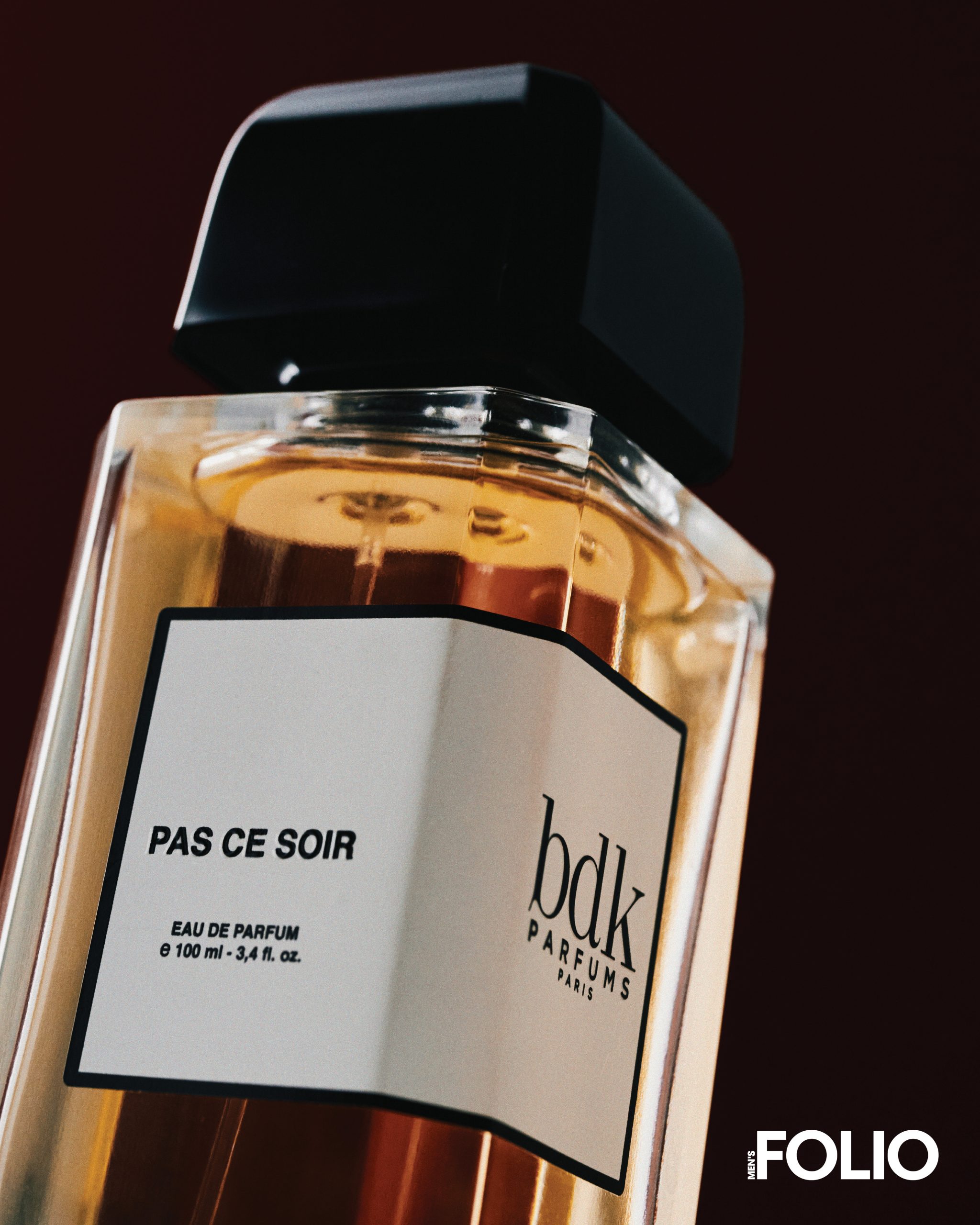
BDK Parfums Pas Ce Soir
Another way is to form one’s own interpretation as Benedek — like all creatives — can sometimes create on a fanciful whim. (“Sometimes, it comes from emotions that I have experienced in Paris. I let my heart and my soul speak.”)
Unsurprisingly, Philippe Di Méo — founder of the French fragrance brand Liquides Imaginaires — takes an equally rarefied approach when conceptualising a name. “The name always comes first. It’s a necessity. It’s the keystone of my concept and olfactory story. In my act of creation, I need it for the entire creative process to begin.”
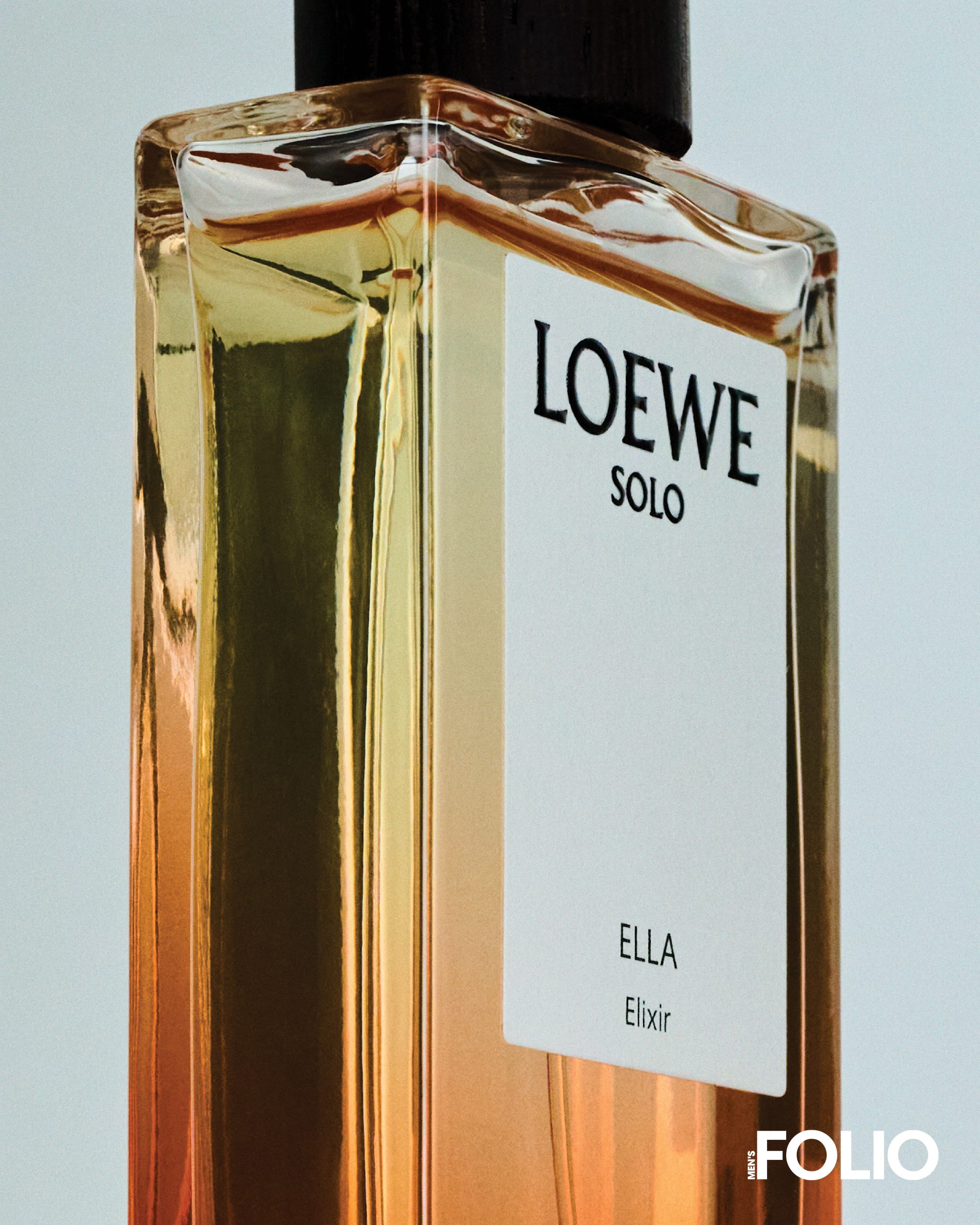
LOEWE Ella
With recherché scents like Phantasma (illusion), Melancolia (aka depression) and Desert Suave, Di Méo prefers to leave the interpretation to one instead. “A name — for me — is akin to a movie or book title; it hints at what will unfold next. It should be inviting, intriguing, romantic, mysterious or dreamlike. It’s a first step into my imaginary worlds.”
One needs to take a read, figure out if it interests him and take a sniff to see if it makes sense.
Now comes the million-dollar question of a US$58.27 billion industry — can fragrance names ever be too esoteric when there are more understandable ones like Spicebomb or Cool Water? Di Méo figures that “a name can be mysterious or enigmatic, but not abstract” as he believes a customer needs to like its name before liking what he smells.
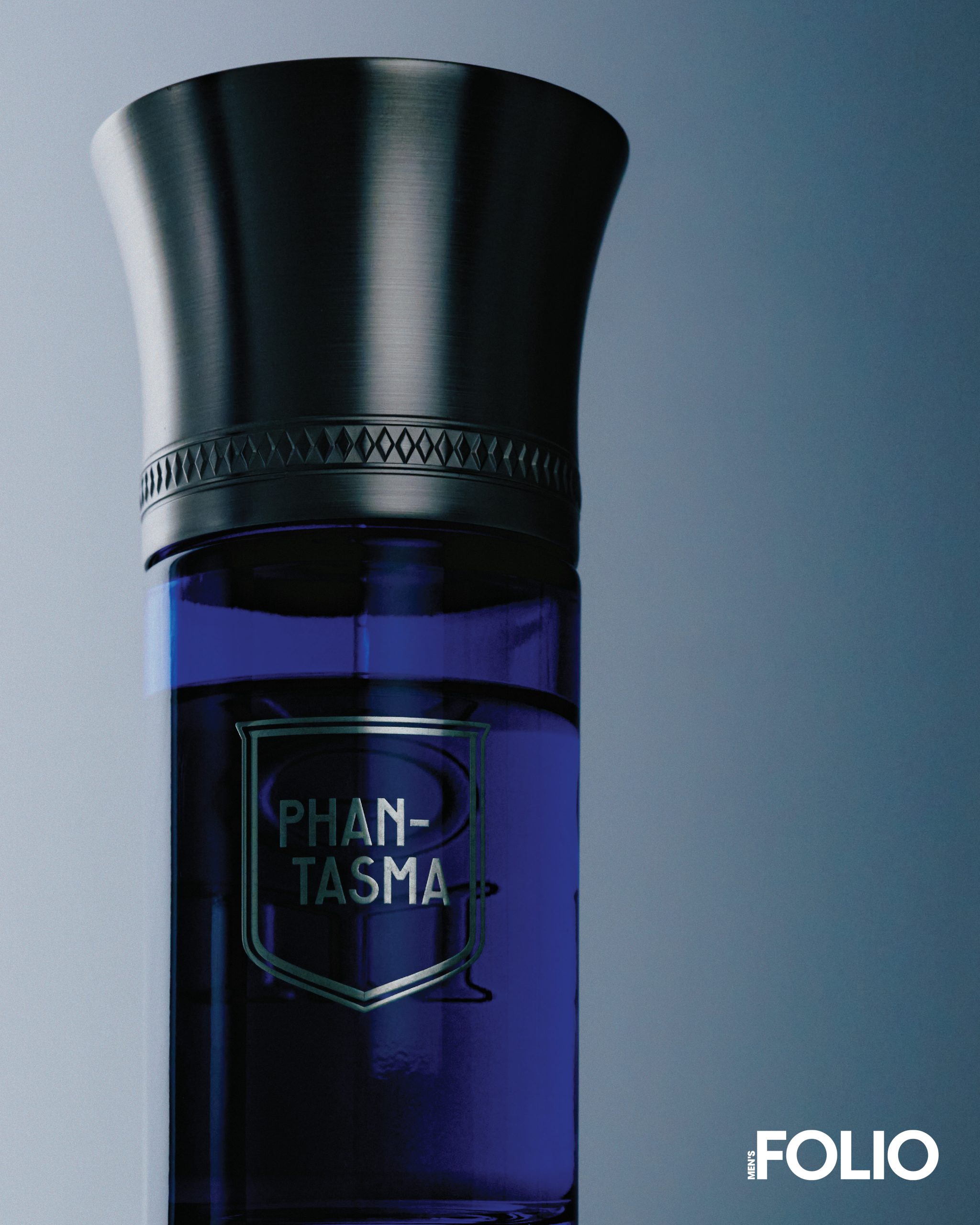
LIQUIDES IMAGINAIRES Phantasma
A moniker that creates an emotional connection to compel the withdrawal of a credit card. Perhaps it can be said that this point of view is best skewed towards those who are into more intriguing scents but still crave something familiar.
As for Benedek, his point of view of how one should interpret a fragrance’s name is entirely up to them too — how much he will like it depends on his interpretation, no matter how esoteric it is. “I don’t think a name must necessarily make sense for fragrances. A fragrance is something you don’t see. An abstract name — like Gris Charnel — lets the customer imagine scenes and emotions according to what he is smelling. For example, Pas Ce Soir means not tonight in English, and I wanted to express the independence and mysterious allure of Parisian women and men in Paris. On the contrary, we can also name a fragrance using the raw materials we used, showing our interpretation of it to the customer.” In short, “the imagination has no limits”.
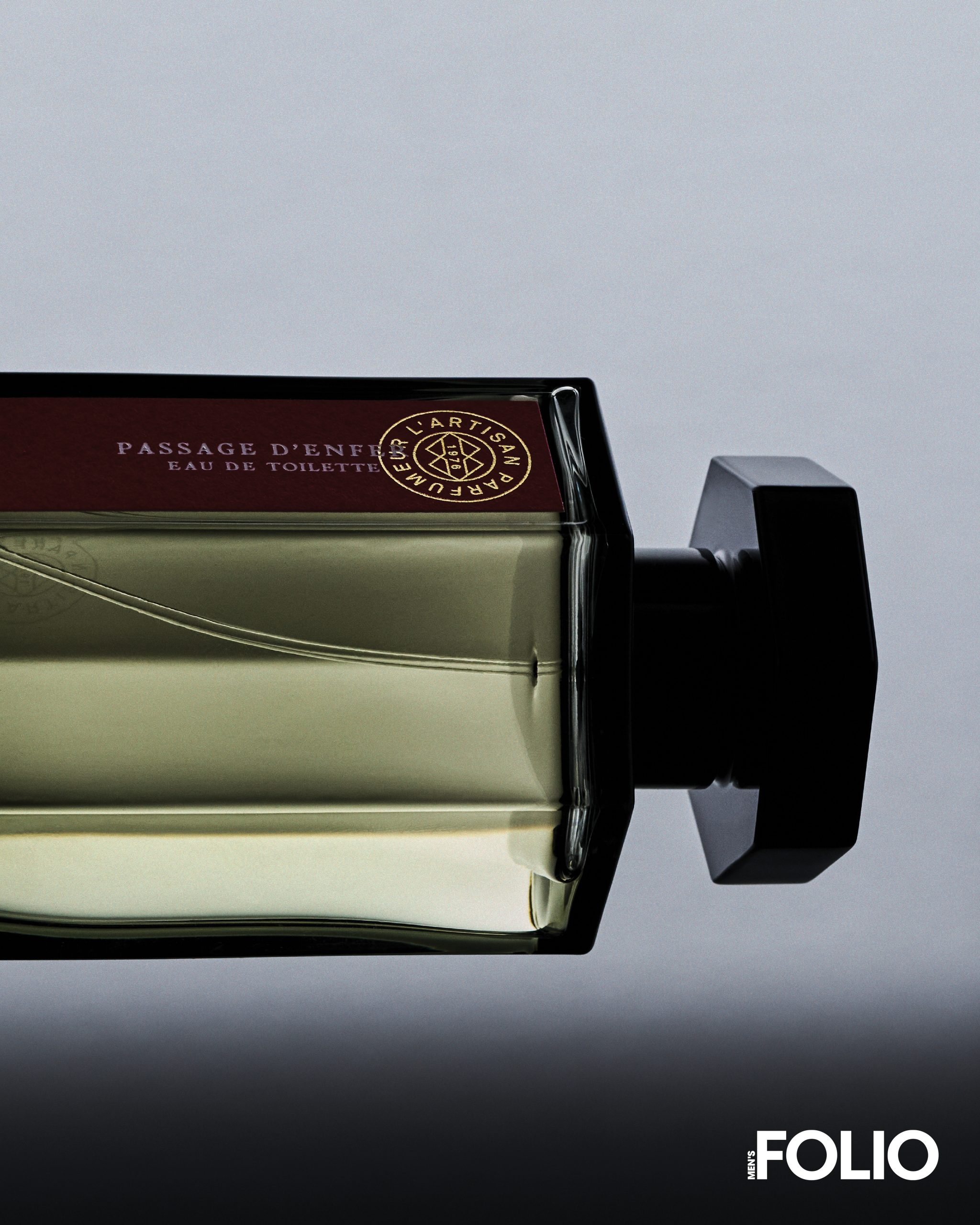
L’ARTISAN PARFUMEUR Passage D’enfer
Photography Jaya Khidir
Styling Manfred Lu
Photography Assistant Kah Jun